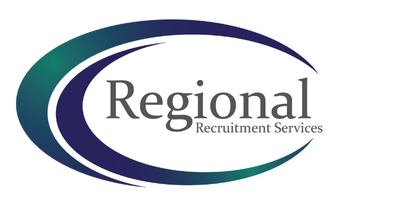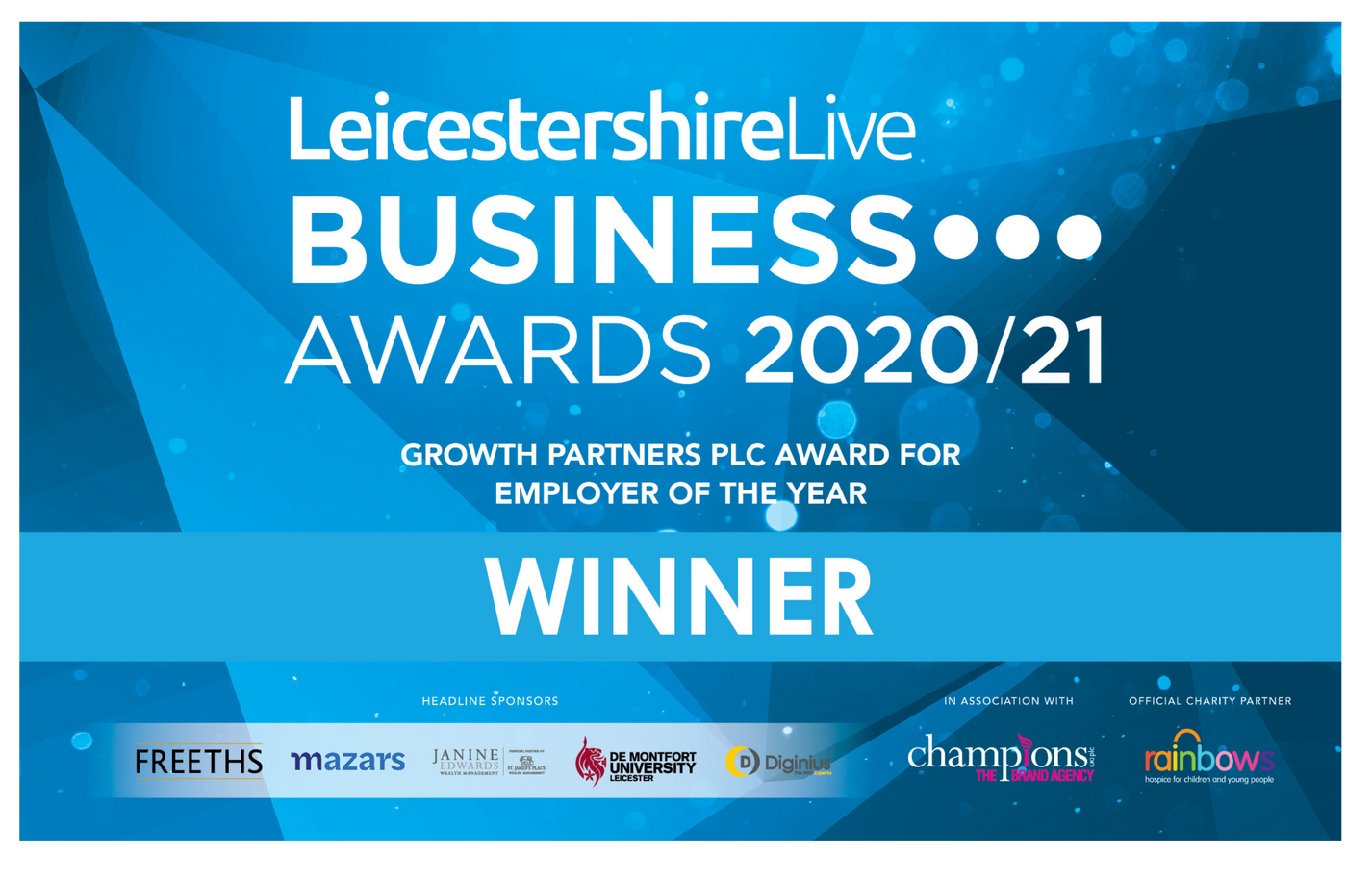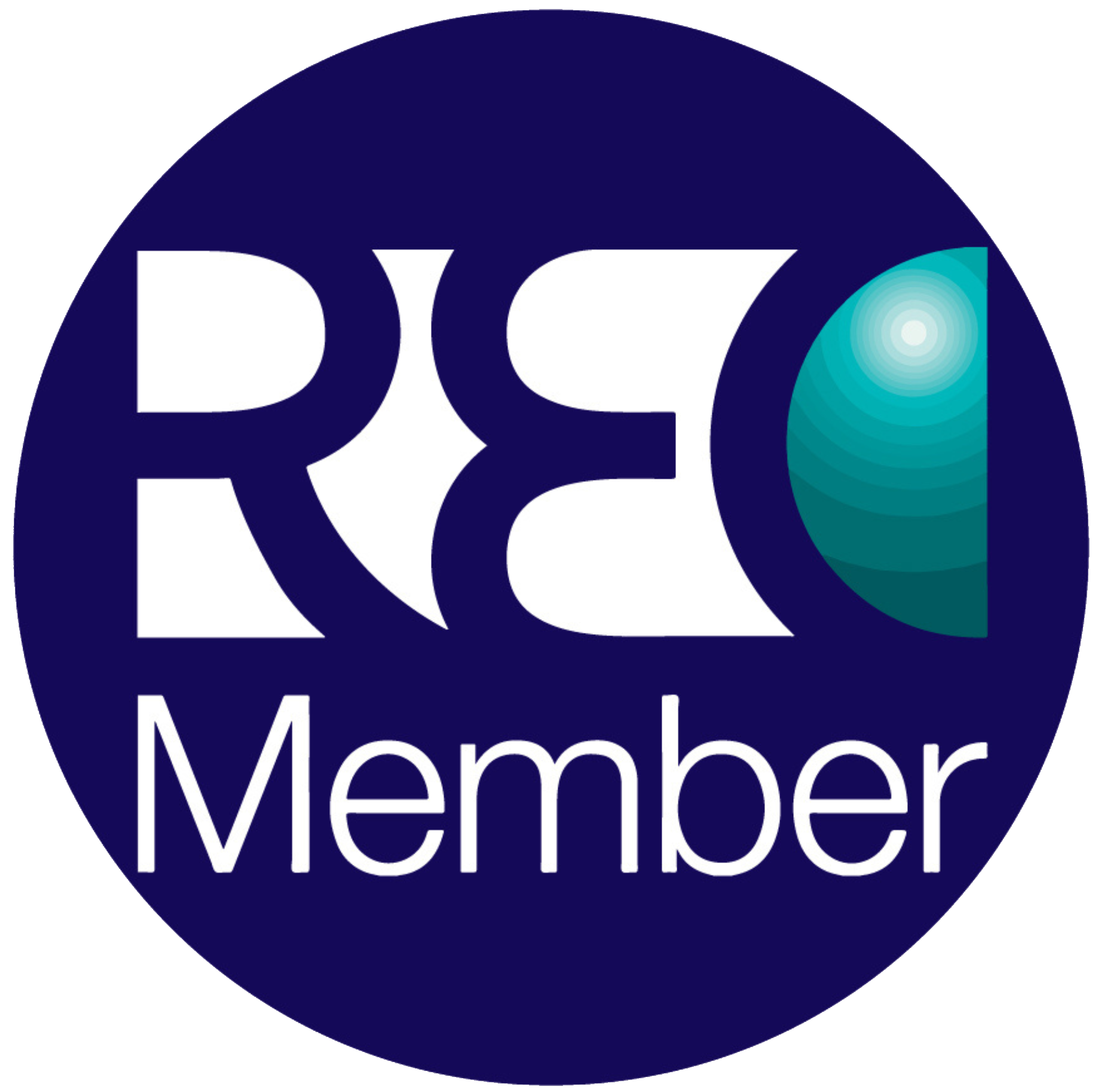Adapting Construction Landscape: Workforce & Recruitment Shifts
Modern Construction has seen rapid development in the past few years, with the growth of technology, a focus on renewable energy, and a more representative workforce. This changing landscape has also changed recruitment processes and workforce dynamics for the construction industry.
Evolving trends + Advancements in the Industry
The industry has seen great change over the last few years, with the introduction of more energy efficient ways of construction. Sustainability and Green building is important for reducing negative impacts on the environment, it aims to maintain and improve the quality of life in the environment which it is located. There has been development in the industry with many companies opting for energy efficient materials and sustainable ways of working.
Technological developments in the industry means firms can optimize decision making, improve site safety and reduce hazards, whilst also enhancing efficiency. Advance software, such as Building Information Modelling (BIM) allows businesses to plan, design, and manage infrastructure projects. This means design and construction teams can operate at a higher efficiency, while also allowing the business to collect data created during the process to help with operational and maintenance tasks.
Augmented reality (AR) is an interactive experience enhancing the real world with computer generated content, combining the two for an interactive experience. Virtual reality (VR) is a computer-generated environment that uses no real world setting and creates a more immersive experience.
AR has many possibilities to help businesses within the construction industry, it can be used for project visualisation and design review allowing architects, engineers, and clients to see the project before construction starts, this gives them a chance to make necessary adjustments and eliminate potential problems early on. Following this, AR can also help with on-site planning and layout, progress monitoring, inspection, and remote collaboration.
VR has similar capabilities but can be utilised in the earlier stages as it is completely virtual and perfect for planning. A benefit of VR in construction is that you can gain client engagement from presentation, you are able to show a virtual site walk through showcasing the complex structures to clients allowing them to make informed decisions on their future project. With this comes, remote site inspections, and a streamlined process for decision making.
In recent years, the construction industry has progressed in its diversity and inclusivity elements too. This has made room for a more dynamic and innovative workforce, with this comes different viewpoints and encouragement of creativity from a mix of different backgrounds. Diversity in the industry also brings a wide range of skills, knowledge, and expertise, along with collaboration among various people.
How are these changes impacting the Recruitment process?
Where there are changes in the industry there are changes in recruitment, as industries grow and develop recruitment adapts to this to be better suited to evolving skill requirements, technological advancements, and changing workforce demographics.
With a focus on sustainability and green building, recruitment efforts have turned to targeting individuals with expertise in environmentally friendly design, renewable energy systems, and energy efficient construction methods.
The digital transformation in the construction industry means there is an increasing demand for candidates with skills and knowledge in areas such as BIM, sustainable design, AR/VR, etc, meaning that companies may want to hire more tech savvy, skilled individuals, this is to keep up with the vast tech advancements in the industry.
Like many others, the construction industry has tried to increase diversity and inclusion in the workforce. Recruitment efforts now try to attract candidates from different backgrounds and demographics to create more representation in the workforce. Agencies have diverse groups and talent pools helping companies hire these workers, this not only reflects a more inclusive industry but also addresses problems with skilled labour shortages by opening a wider pool of talent.
Preparing the Workforce for Industry changes
Businesses may want to offer extra training and development opportunities for their employees, this not only adds to their skill sets and makes them more adaptable in their role, but it also helps the business to grow. As businesses invest in their employee’s development they are effectively investing in their own growth and sustainability.
As previously mentioned, the construction industry is undergoing many technological and sustainable changes, having a workforce that can seamlessly transition with these changes is important. Skill development training in areas such as green building and sustainability, and technological advancements, can be put in place to nurture the workforce into how they can best use these practices in their work. Another way firms can help with staff development is to promote diversity in leadership and decision-making roles, this brings varied perspectives and celebrates different backgrounds where innovation thrives.
By aligning training and development with the ever changing trends of the industry, companies remain competitive where there is constant demand for growth and change. Businesses should give employees the chance to grow with the company meaning they should have ample opportunity for training and development.
Conclusion
To conclude, the changes in the construction industry have given businesses potential for great growth and progression. Industry trends are constantly changing and evolving, for businesses to grow themselves they must work with these changes to keep competitive. Laying the foundations of regular training and constant development in a business can make for an easy transition when change occurs.
When an industry grows, changes, or develops recruitment strategies shift suit the changes, hiring staff who will grow with the business is essential for a vast developing industry like the construction sector.
Recommended Reading
https://www.iberdrola.com/sustainability/sustainable-green-buildings













